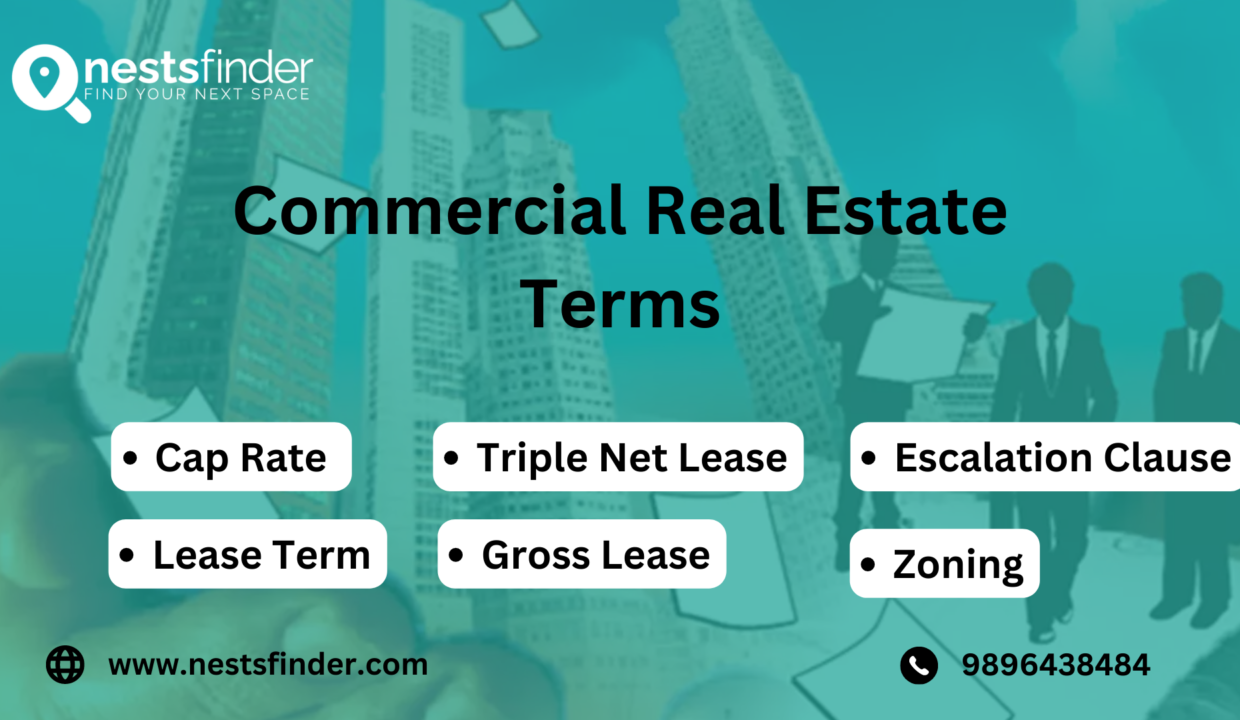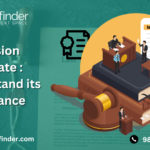Commercial Real Estate Terms : A Guide
#realestate #urbanestate #commercial
Commercial real estate refers to properties that are primarily used for business purposes, such as office buildings, shopping centers , warehouses, and industrial parks. These properties are typically purchased or leased by businesses to use as their operational base, rather than as a residential living space.
Commercial real estate is a major component of the global economy, and it is an important asset class for investors and developers. The value of commercial properties is often determined by their location, accessibility, size, and the economic conditions of the local area.
Investing in commercial real estate can provide significant potential benefits, such as long-term cash flow, capital appreciation, tax advantages, and portfolio diversification. However, it also carries risks, such as changes in economic conditions, fluctuations in property values, and unexpected expenses related to maintenance and repairs.
Overall, commercial real estate can be a lucrative and rewarding investment for those who are willing to do their due diligence and have a solid understanding of the market and the potential risks involved.
Important terms you must know
Here are some common jargons used in commercial real estate:
- Cap Rate: This is the rate of return an investor can expect to receive on a commercial property, based on its net operating income and purchase price.
- NOI: Stands for “Net Operating Income.” It’s the total income generated by a property, minus all operating expenses.
- CAM: This stands for “Common Area Maintenance.” It is the fees charged to tenants to cover the cost of maintaining shared areas of a commercial property, such as hallways, parking lots, and elevators.
- Lease Term: This is the length of time a tenant agrees to rent a commercial property.
- Triple Net Lease: This is a lease agreement where the tenant is responsible for paying all property-related expenses, including taxes, insurance, and maintenance, in addition to their rent.
- Gross Lease: This is a lease agreement where the tenant pays a set monthly rent, and the landlord is responsible for paying all property-related expenses.
- Build-out: This is the process of finishing the interior of a commercial space to meet the specific needs of a tenant, such as installing walls, flooring, and other fixtures.
- Escalation Clause: This is a clause in a lease agreement that allows for an increase in rent over time, usually tied to inflation or other economic factors.
- Zoning: This is the regulation of land use by local governments, which determines what types of commercial and residential properties are allowed in a specific area.
- Due Diligence: This refers to the process of researching and investigating a commercial property before making an investment or purchase decision, to ensure there are no hidden risks or issues that could negatively impact the investment.
So, while leasing any marketable property, a deep understanding of these terms and their addition in the rent agreement is necessary to maintain a cordial relationship between the property proprietor and the tenant.
Knowing the slang of any segment is essential to smooth sailing in that business. marketable real estate is no different. There are the ten terms you’re most likely to hear and use while doing business in the marketable real estate space.
Conclusion
Commercial real estate is an important asset class that can provide significant benefits to investors and business owners. From office buildings and shopping centers to industrial parks and warehouses, there are many different types of commercial properties that can be used for business purposes.
Investing in commercial real estate can provide long-term cash flow, capital appreciation, tax advantages, and portfolio diversification. However, it also carries risks, such as changes in economic conditions, fluctuations in property values, and unexpected expenses related to maintenance and repairs.
Understanding the various jargons and terms associated with commercial real estate, such as Cap Rate, NOI, Triple Net Lease, and Gross Lease, can be helpful for investors and business owners who are looking to invest in or lease commercial properties.
Overall, commercial real estate can be a rewarding investment opportunity for those who are willing to do their due diligence and carefully evaluate potential risks and rewards.




